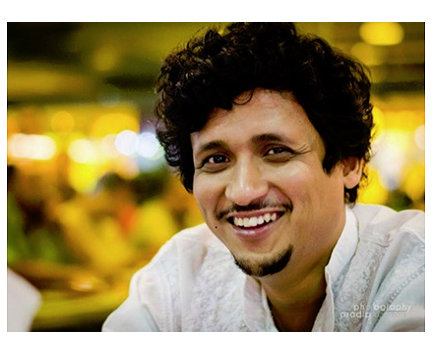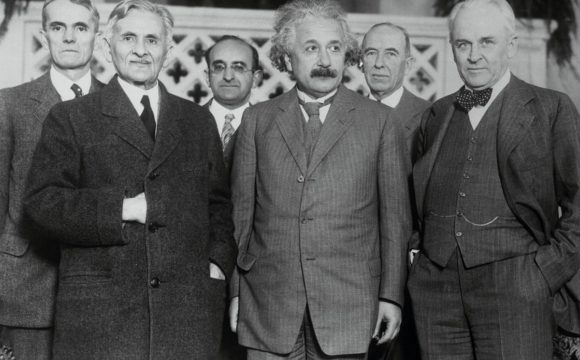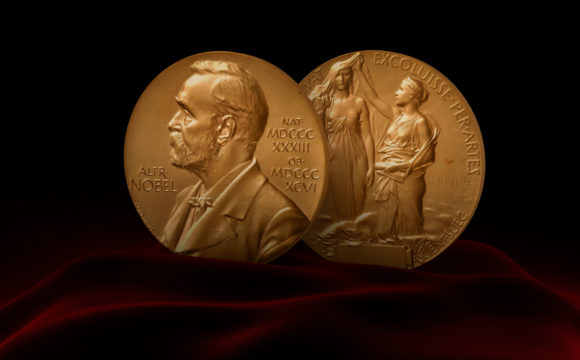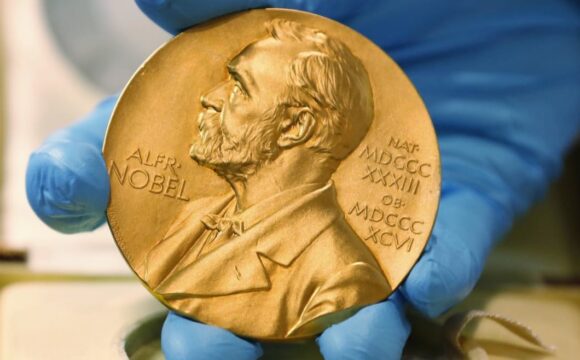The CSIR (Council of Scientific and Industrial Research) gives out the country’s highest science award, the Shanti Swarup Bhatnagar Prize, annually to appreciate eminent Indian scientists for their remarkable research and innovation. Indian scientist occupied with research in any area of science and innovation below the age of 45 years is qualified for the grant. The award is named after the Founder of the CSIR, Sir Shanti Swarup Bhatnagar.
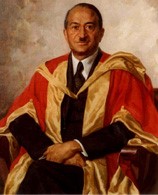
(Source:ssbprize.gov.in)The Shanti Swarup Bhatnagar Prize is awarded for the fields of Biological Sciences, Physical Sciences, Mathematical Sciences, Chemical Sciences, Engineering Sciences, Medical Sciences, Earth, Atmosphere, Ocean and Planetary Sciences.
Last Sunday on its 80th foundation day, CSIR announced the names of 11 Indian scientists who achieved this prestigious award.
Amit Singh (Biological sciences) – Dr. Amit Singh from the Indian Institute of Science, Bangalore has been granted the award in the field of biological sciences. An expert in microbiology, Singh has demonstrated significant insights into the role of oxidative stress in Mycobacterium tuberculosis (Mtb) pathogenesis.
He has been a professor in the departments of MCB and CIDR. His studies involved comprehension of host-pathogen interactions and infections originating from Mtb and HIV.
Arun Kumar Shukla (Biological sciences) – Dr Arun Kumar Shukla from the Indian Institute of Technology Kanpur, department of biological sciences and bioengineering, received an award in the biological sciences category.
He is a structural biologist. His research involved G Protein-Coupled Receptors. His projects have a multifunctional approach that incorporates cellular signalling, biochemistry of protein, receptor mechanisms and structural biology.
Dr Kanak Saha (Physical sciences) – Dr. Kanak Saha is an astrophysicist. For his research on galaxies, Saha received the award for physical sciences. His research involved the structural, formational and evolutional details of the galaxies.
He is currently associated with the Inter-University Centre for Astronomy and Astrophysics, Pune. He has a specialization in ultraviolet astronomy and is a prime AstroSat UV Deep Field (AUDF) project investigator.
Dr Anish Ghosh (Mathematical sciences) – Anish Ghosh is an associate professor at the school of mathematics, Tata Institute of Fundamental Research, Mumbai. His research mainly dealt with the ergodic theory of group actions on homogeneous spaces, Lie groups, and number theory interactions.
He intended to dig out mathematical ways to deal with complex systems and their behaviour. For his excellent research work, Ghosh received the prestigious Shanti Swarup Bhatnagar Prize in the Mathematical Sciences category.
Dr Saket Saurabh (Mathematical sciences) – Dr Saket Saurabh from the Institute of Mathematical Sciences, Chennai, is a recipient of the award in the Mathematical Sciences category. He got awarded for his research involvement in numerous areas of algorithms.
During his PhD, Saket worked on theoretical computer science and has been working on areas involving parameterized complexities, graph-related algorithms, and many more.
Dr Kanishka Biswas (Chemical sciences) – Dr Kanishka Biswas, an associate professor in the chemistry unit Jawaharlal Nehru Centre for Advanced Scientific Research, Bengaluru, is a recipient of the Shanti Swarup Bhatnagar Prize in the Chemical sciences category.
His research involved the production of electricity. It focused on utilizing thermoelectric devices for the generation of electricity from heat generated from waste materials. He is associated with research in solid state inorganic chemistry of metal chalcogenides, thermoelectrics, topological materials, 2D materials and perovskite halide.
Dr T Govindaraju(Chemical sciences) – Dr T Govindaraju, professor in the Bio-organic Chemistry Laboratory, Jawaharlal Nehru Centre for Advanced Scientific Research, Bengaluru, is a recipient of this prestigious award in the chemical sciences category. The research involved chemical biology and also, issues related to human health and society. It also focused on the strategies to deal with such complexities.
T Govindaraju has also developed the molecule that could be a potential drug candidate to halt or cure the leading cause of dementia.
Dr Debdeep Mukhopadhyay (Engineering sciences) – Dr Debdeep Mukhopadhyay is an associate professor in the Department of Computer Science and Engineering, Indian Institute of Technology, Kharagpur. He received the Swarup Bhatnagar Prize in the engineering sciences category.
Mukhopadhyay research is centred upon embedded security and SCAs. He was the initiator of SEAL (Secured Embedded Architecture Laboratory).
Dr Jeemon Panniyammakal (Medical sciences) – Dr Jeemon Panniyammakal from Achutha Menon Centre for Health Science Studies, Sree Chitra Tirunal Institute for Medical Sciences and Technology, Thiruvananthapuram, won the award in the medical sciences category.
Jeemon’s research was associated with clinical trials and epidemiological studies. He has developed a focus on cardiovascular disease epidemiology. He has been an active participant in major epidemiological studies, and clinical trials in India. His research interests include risk predictions and biomarkers too.
Dr Rohit Srivastava (Medical sciences) – Dr Rohit Srivastava from the department of biosciences and bioengineering, Indian Institute of Technology Bombay, got awarded for the medical sciences category.
His research is majorly comprised of studies on therapy for breast cancer using photo-thermal procedures and research on sensors including Nanosensors and fluorescent sensors.
Binoy Kumar Saikia (Earth, Atmosphere, Ocean and Planetary Sciences)– Another recipient of the prestigious Shanti Swarup Bhatnagar Prize is Dr. Binoy Kumar Saikia. He is working as a senior scientist in the Coal and Energy Research Group, CSIR North East Institute of Science and Technology, Jorhat.
His research specifically incorporated coal science and technology. He has been engaged in the resource quality assessment and the development of processes that can help in the utilization of the NER low-grade coals rationally.
At the award ceremony, CSIR Vice President, M Venkaiah Naidu’s said “In a country as vast and as diverse as ours, challenges are many and institutions like CSIR need to gear up to address any sudden and unexpected problem. Each laboratory of the CSIR must come out with a clear roadmap on the new research projects that seek to address various challenges and contribute to the larger good of humanity.” Naidu also addressed the agricultural problems farmers faced and pledge everyone to look for strategies and innovations in order to overcome the same, with utmost efficiency.
Union minister of state for science and technology, Jitendra Singh urged brilliant minds to dig out innovation and new technologies for the growth of the country. “We should not restrict our ambition to be best in India but be best in the world as India is blessed with the demographic dividend of youth and they can take up any challenge with the right training and motivation”, he said
REFERENCES:
- https://www.hindustantimes.com/india-news/names-of-11-scientists-declared-for-india-s-highest-science-award-101632678640267.html
- https://en.wikipedia.org/wiki/Shanti_Swarup_Bhatnagar_Prize_for_Science_and_Technology
- https://www.gktoday.in/current-affairs/shanti-swarup-bhatnagar-prizes-2019/
- https://www.dreamstime.com/royalty-free-stock-images-scientific-research-image26268209






